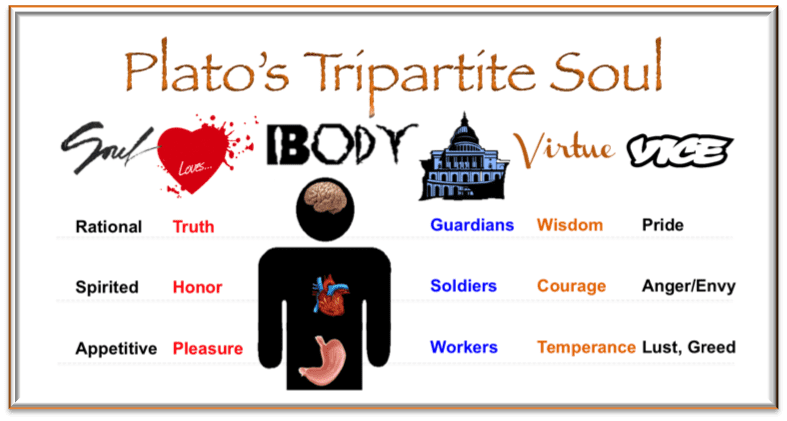This post is “still” incomplete.
Motion can be divided into species (Book V). But it can also be divided into quantitative parts. It belongs to science of nature to discuss quantitative parts because every mobile being is body.
Chapter
Chapter 1 – Types of Change, and only subject to subject change is motion technically.
what causes the motion, that which is in motion, that in which motion takes place (time), that from which, and that to which it proceeds.
Place
The definition of place as the innermost surface of a motionless body leads to four different distinctions:
Common place – nearest container that is at rest relative to the body in question
Proper place – is equal to
Change is the genus of motion/movement. Since movement is found in all of the categories, and since what is in all of the categories must transcend them, then movement transcends the categories and is prior. That leaves only potency and
Book II, Chapter 1 – Nature is an intrinsic principle, art is extrinsic.
In Book II, Aristotle tries to identify the means by which we explain change – causes.
Definition of Nature: It is evident that self generating things have
The basic idea in book one is to find out the number
Chapter 1 – Natural Science
Aristotle lays out his plan for the Physics, though it will only become apparent at the end of the book for the first-time
Defintions
Matter (I)- That out of which something comes to be and which persists in the result
Nature (II) – an intrinsic principle of motion and rest which belongs to the thing essentially((a part of the very constitution of
The “visible” plan of the Republic
G158/A81
Introduction : the five challenges
Prologue : the setting
327a-369b (39)
327a-328c ( 1)
G5/A5
— Cephalus : ambiguity, social justice, fear of Hades
Tyrannical Person: proofs that the just are happier than the unjust
Lawless friends plus money from a father = a democrat, when you add smarts and depresssion and lawless ruler…you get tyrant.
First proof that justice is happier state(571b-c):
Review of the Aristocracy
(543)Socrates picks up the argument that was interrupted in Book V. Glaucon remembers that Socrates was about to describe the four types of unjust regime along with their corresponding unjust individuals (543c-544b).
kings excell in



